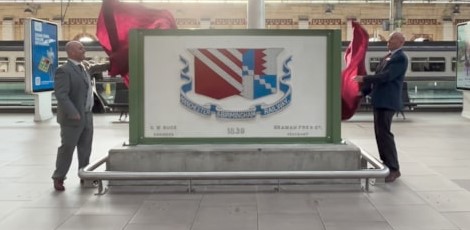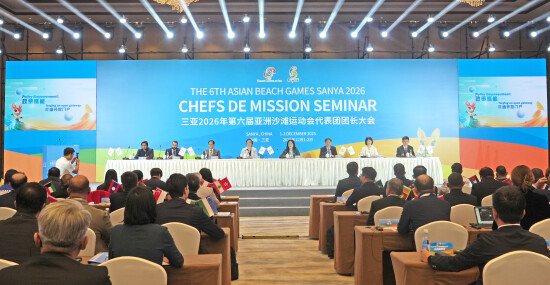The U-turn by Greater Accra Regional Minister Hon. Henry Quartey in giving an assurance that not a single building on the Sakumono Ramsar site will be demolished is disappointing.
This comes barely a month after assuring the nation that structures on the Ramsar site would be demolished. The first phase took place last month with the demolition of mainly fence walls.
The question is, if the walls had to come down, why not the main structures?
Many Ghanaians had a lot of respect for Hon. Quartey as a man who did the right thing, regardless of the consequences. He was a breath of fresh air in a climate where most politicians only do what they think will keep them elected. In other words, they mostly do what is politically expedient, rather than principled.
Eco-Conscious Citizens has commended Hon. Quartey on a number of occasions for his no nonsense approach in his attempts to make Accra work. Although we take no pleasure in seeing buildings, built with hard-earned money being demolished, we are however disappointed by the minister's U-turn on dealing with structures unlawfully built on a Ramsar site at Sakumono.
It is particularly galling to hear his announcement at a time when the Ghanaian President and a large government delegation are at the COP 27 world environmental meeting in Egypt. A Ramsar site is a wetland of international importance under the Ramsar Convention, also known as 'The Convention on Wetlands', an intergovernmental environmental treaty established in 1971 by UNESCO, which came into force in 1975.
"Wetlands are highly productive and biologically diverse systems that enhance water quality, control erosion, maintain stream flows, sequester carbon, and provide a home to at least one third of all threatened and endangered species. Wetlands are necessary for migratory birds that are crucial in the interconnected systems that keep nature healthy, including pollination and seed dispersal.”
Ramsar sites are also a defence to flooding, which is a perennial problem in Accra and other parts of Ghana. It is therefore disappointing that a decision has been taken to “regularise” the buildings that were put up illegally on wetlands.
This decision sends a clear message that you can break the law with impunity and destroy the ecosystem, if you have powerful friends because somewhere down the line, you will be able to “regularise” your wrongdoing. Those thousands of buildings didn't just spring up overnight. Considering that Ghana ratified the Ramsar Convention over thirty years ago, the failure of living to our convention responsibilities lies with successive governments.
However, Hon. Quartey, whom we believe is a man of integrity, was aware the buildings were on encroached state lands when he warned about their imminent demolition. At last, we thought, an example will finally be made for people to learn that it does not pay to wilfully break the law, whether you're a big man or a moneyed person.
We are saddened that Hon. Quartey's hard earned reputation as a principled politician seems to have been compromised. If this U-turn came from his political masters, then we think Hon. Quartey should have resigned, if he was ordered to go back on his word and allow some homes to flood because some persons have chosen to build on a Ramsar site.
Loyalty to Ghana, or Greater Accra in this case, should be greater than loyalty to a political party. Protecting the environment, we all depend on should be greater than pleasing party members or sponsors. In light of this decision, we ask, what moral authority Ghana's delegation has at COP 27 to talk about climate change or any aspect of the environment, when there is clear evidence of a violation of, and unwillingness to address, one of the international environmental conventions it has ratified?











